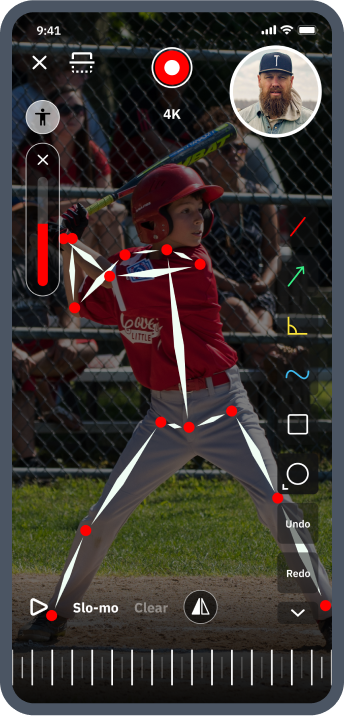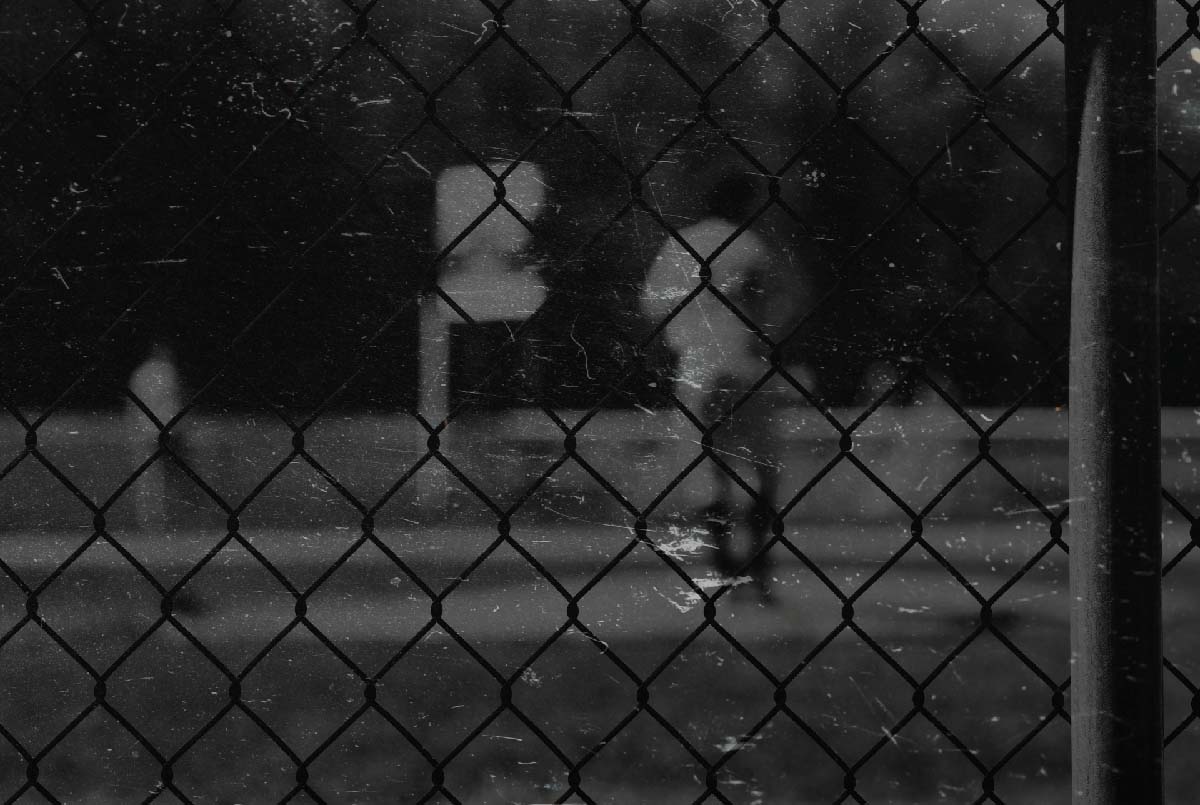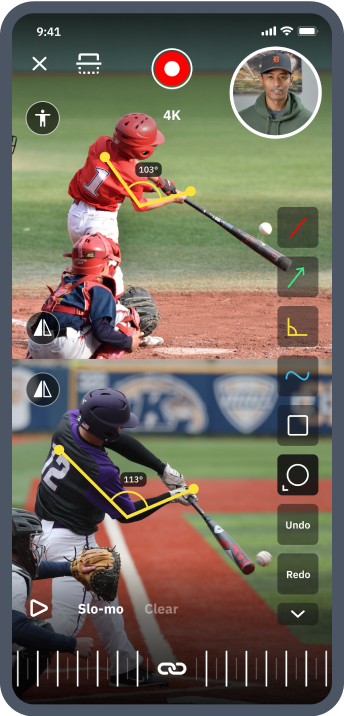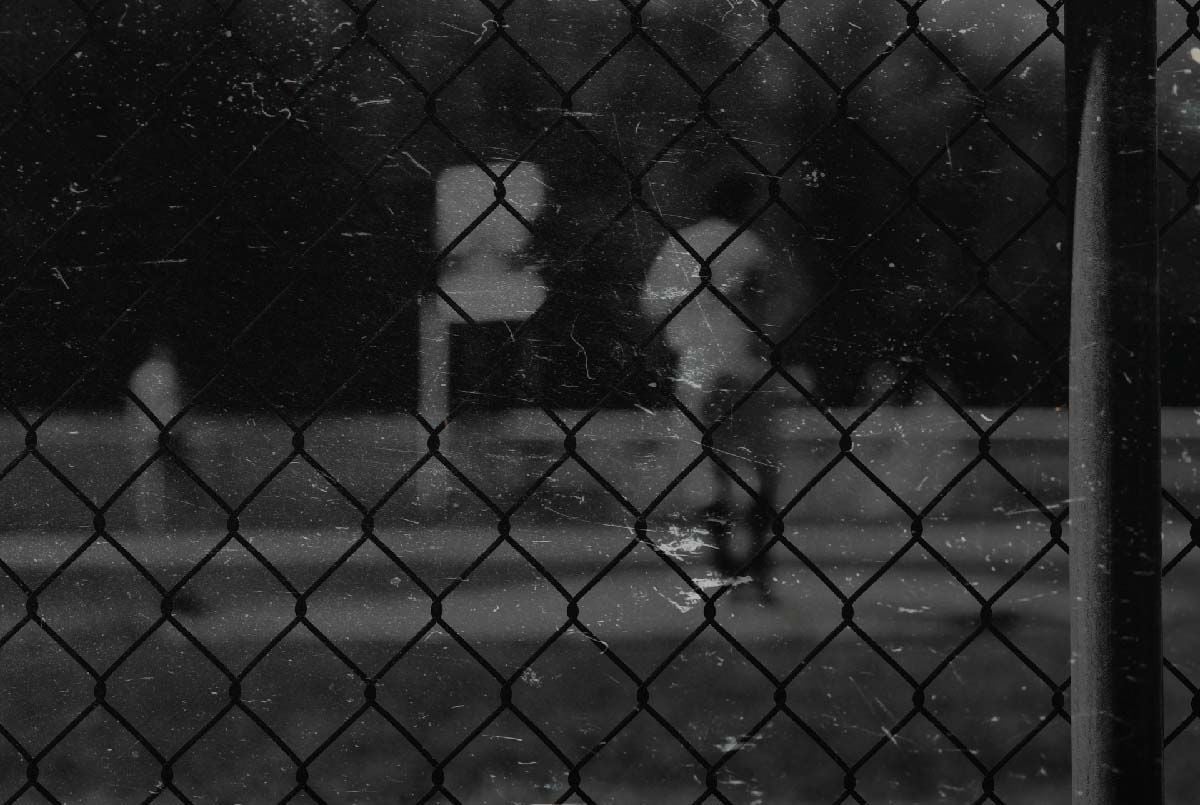9 Top Youth Baseball Leagues in New York City, NY

Find the best youth baseball league near you in New York City, NY
New York City, with its diverse population and vibrant sports culture, hosts a variety of baseball leagues that cater to different age groups, skill levels, and competitive intensities. From scenic parks in Manhattan to historic fields in Brooklyn, Queens, the Bronx, and Staten Island, the city's landscapes offer unique backdrops for the sport's ongoing legacy.
Join us as we round the bases to discover the best baseball leagues in NYC, ensuring you find the perfect pitch to suit your love for the game.
Unlock your ballplayer’s full potential
Find the perfect vetted coach to build a solid foundation or take your player's skills to new heights.
Download the free app

1. Downtown Little League (DLL)
Details about Downtown Little League
- Description: Founded in 1993, DLL is the largest single chapter Little League program in the U.S., with over 1,200 annual participants. It offers baseball for children aged 5-18 across lower Manhattan, including a Challengers Division for special needs participants. DLL emphasizes teamwork, sportsmanship, discipline, and respect.
- Location: Throughout Lower Manhattan, New York City. 205 Warren St, New York, NY 10282
- Website: Downtown Little League.
2. Peter Stuyvesant Little League (PSLL)
Details about Peter Stuyvesant Little League
- Description: Serving the community for over 61 years, PSLL provides baseball opportunities to more than 700 children on Manhattan’s East Side. It operates in the spring, winter, and summer, offering programs for children aged 4-16.
- Location: East Side, Manhattan, specifically between East 10th and East 72nd Streets, east of Fifth Avenue. 722 E 16th Street,New York, New York 10009
- Website: Peter Stuyvesant Little League
3. West Side Little League (WSLL)
Details about West Side Little League
- Description: WSLL has offered baseball on the Upper West Side for many years, allowing young players to enjoy games in Riverside Park with views of the Hudson River. It features co-ed baseball for ages 5-18, girls softball for ages 7-18, and a special needs challenger division.
- Location: Upper West Side, Manhattan, specifically between 59th and 120th Streets and between Central Park West and Riverside Drive.
- Website: West Side Little League.
4. Harlem Little League (HLL)
Details about Harlem Little League
- Description: Established in 1989, HLL provides baseball programs for around 400 young players aged 5-12 in Harlem, with a commitment to never turn away any player for lack of funds.
It also offers summer, fall programs, and skills clinics.
- Location: Harlem, Manhattan, specifically from 110th to 160th Streets, river to river. Field Directory.
- Website: Harlem Little League
5. Inwood-Manhattan Little League
Details about Inwood-Manhattan Little League
- Description: Claimed as the oldest Little League in NYC, founded in 1950, serving over 500 children ages 4-18 from upper Manhattan and the Bronx.
- Location: Inwood Hill Park, Upper Manhattan. 647 W 207th St A, New York, NY 10034
- Website: Inwood-Manhattan Little League
6. East Harlem Little League
Details about East Harlem Little League
- Description: The East Harlem Little League (EHLL) was founded in 1993.It is an inner city non-profit organization which was created by the combined efforts of active parents of the East Harlem community. It focuses on coed baseball for ages 4-12 and often engages in interleague play due to its size.
- Location: 2180 1st Ave., New York, NY 10029
- Website: East Harlem Little League
7. Greenwich Village Little League
Details about Greenich Village Little League
- Description: A significant league with a wide range of participants, offering coed baseball for ages 5-17 and girls softball for ages 4-14, including a Challenger Division for special needs children.
- Location: Field Directory
- Website: Greenwich Village Little League
8. Michael Buczek Little League
Details about Michael Buczek Little League
- Description: Established by the family and friends of Police Officer Michael J. Buczek, who was shot and killed in the line of duty working in Washington Heights in 1988, the league has been a fixture of the neighborhood since 1989.
Mr. Buczek isn’t the only fallen officer that the program honors. In the aftermath of the tragic events of September 11, 2001, the league began a tradition where every team is named after a fallen member of the NYPD.
Players proudly wear the officer’s name on the back of their jerseys, as well as keeping a picture of the officer in their dugout for each game.
Many of the league’s volunteers are current or former NYPD police officers who either have a connection to the league or to one of the names on the backs of the jerseys. - Location: 2699 Amsterdam Ave, New York, NY 10040
- Website: Michael Buczek Little League Facebook Page
9. Our Lady of Sorrows Little League
- Description: A long-standing local sports organization that only received its Little League Charter in 2017, offering coed baseball and girls softball.
- Location: 103 Pitt Street, New York, NY, 10002, US
- Website: Our Lady of Sorrows Little League
These leagues represent just a portion of the opportunities available in New York City for young baseball enthusiasts.
They vary widely in terms of location, the age groups they serve, and the special programs they offer.
Each league has its own registration requirements, season schedules, and volunteer opportunities for families looking to get involved.
To help your baseball player really excel in whichever league you choose, private 1:1 instruction is the fastest and most effective way to get his skill set up to snuff.
How to Get Started with Private Baseball Lessons
Embarking on the journey of private lessons can be a transformative experience for baseball players looking to elevate their game.
However, knowing where to begin can be overwhelming.
Parents need a safe and straightforward process for finding, vetting, and connecting with professional instructors.
This is why coaching marketplace platforms like SeamsUp were made.
It allows parents to apply filters to coaching profiles to quickly find the exact right exeperience level and price point to serve your son’s learning.
And the app actually helps parents and ballplayers connect with elite coaches for both local in-person and remote style instruction.
Also, SeamsUp does both a background offender database check and manual review of the coach and all claims the coach makes on their profile–so parents, like yourself, can rest easy knowing that your child’s instructor is both safe and exactly who they claim to be experience-wise.
Regardless of how you go about sourcing your baseball coach, following a structured approach, can help ensure a smooth transition into training and set the stage for a successful learning experience.
1. Research and Select Your Baseball Coach
Firstly, research and select the right lessons coach. This is a critical step, as the right coach will not only improve your son’s technical skills but also boost his confidence and motivation.
Look for a coach with experience relevant to your specific needs and goals.
Review their credentials, background, coaching philosophy, and review feedback from other students. All things that platforms like SeamsUp curate for you to chekcout in quick profile glance, so you can get on with your day.
Many coaches offer a trial session or initial consultation, which can be a great opportunity to assess compatibility before committing to a full program.

2. Have the Right Gear for Your Baseball Lesson
Next, ensure you have the necessary equipment and technology.
If going the local in-person lessons route, the equipment will depend on what type of private lesson you’re getting.
The usual lesson type options are: hitting, pitching, catching, fielding, sports performance training, and mental skills training.
Here’s the eqiupment you’d want for each.
Hitting Lessons
Hitting lessons will often require a bat and helmet. Instructors or the training facilities they conduct lessons inside of might be able to provide these items in a pinch.
But much of the magic of private lessons is the work your child does at home in-between lessons, so it’s recommended to at least have a bat to practice with there.
Depending on where the lesson is happening, if it’s on a field or inside of a facility, footwear is a consideration for this and all the future lesson types we’ll go over below.
Your son may also need cleats, turf shoes, or tennis shoes–depending on what surface the training is happening on.
Asking the expert you’ve chosen what he needs to bring for any lesson type you choose is always your best bet.
Pitching Lessons
For pitching lessons, the only thing your son will usually need is his glove.
If your pitching coach employs any helpful jaeger bands, cones, or gadgets into their lessons, they’ll usually provide all such training equipment for the lessons.
Catching Lessons
Catching lessons will almost always require that your son has his own full set of catching gear. This includes a baseball catching glove, a chest protector, athletic cup, shin guards, and a catching face mask.
Some coaches may be willing and able to work around a lack of catching gear in the first couple lessons, but he’ll need his own set to be able to get the most of private instruction.
If his league’s team has a set that they’ve been provided, usually your son’s team coach will be fine with you borrowing the set to use for his private instruction–because if he improves his game, the whole team improves as well.
Fielding Lessons
For fielding lessons, the only thing your son will usually need is his glove.
Again, any cones, flat gloves, or other speciality defensive tools will be provided by your private instructor.
Sports Performance Training Lessons
For strength, speed, agility, and mobility sessions, AKA sports performance traning, the only thing your son will usually need is comfortable workout clothes.
Though any good trainer will also recommend he bring a water bottle to each session as well.
Mental Skills Training Lessons
For mental performance traning, your son won’t really need any equipment–just a willingness to share his experiences on the diamond.
However, it’s strongly recommended that he bring and employ a notebook to keep notes on the tactics he learns from the coach and on his own self-insights that may be revealed in the sessions.
Remote Baseball Lessons
Online baseball lessons can come in all the various types we’ve already gone over: hitting, pitching, catching, fielding, sports performance training, and mental skills training. And the physical equipment needed by your ballplayer for each of the online lesson types is the same as their in-person lesson counterparts.
But remote or virtual softball lessons also require:
- Reliable internet connection
- A computer, phone, or tablet with a camera
- Any software or apps, as advised by your coach.
As a parent, helping your son create a designated practice area where they can train with their remote instructor without interruption will help mimic the structure of traditional lessons and keep him focused during sessions.

3. Have Clear Goals and Communication with Your instructor
The final key to successful private lessons is to set clear goals and communicate them with your coach.
Whether you're looking to improve his batting average, increase power, or refine his pitching mechanics and accuracy, having specific, measurable objectives will help guide your son’s training sessions and provide a benchmark for assessing progress.
Make certain your ballplayer is prepared to commit to regular practice and being open to feedback, as the consistency and willingness to adapt are key to improving their skills through online lessons.
By taking these initial steps, you and your ballplayer are well on your way to a rewarding journey of development and improvement in the world of baseball instruction.

About the Author
Mike Rogers
Co-Founder & CEO
Mike Rogers has spent a lifetime entrenched in baseball and softball as a player, a private instructor, a training facility owner, and the son of two college-level coaches.

